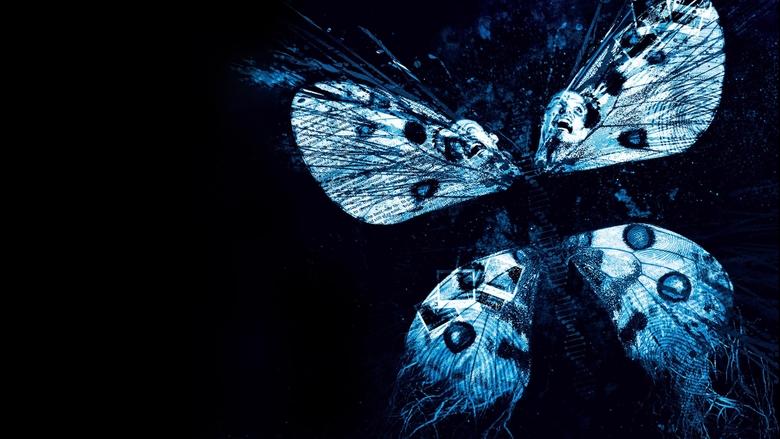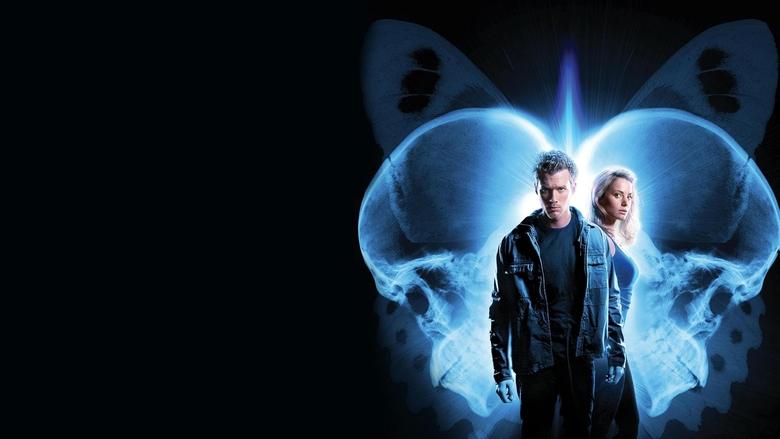Unraveling chaos: a guide to the 'butterfly effect' movie series
Interested in movies where the past can be altered, leading to unpredictable consequences? The 'Butterfly Effect' series explores just that, diving into the thrilling concept of how small changes can drastically reshape the future.

The 'Butterfly Effect' series takes the core concept of chaos theory—where a small change in initial conditions can lead to significant differences in a later state—and applies it in a compelling narrative. The original movie, released in 2004, captured audiences with its innovative premise and the dramatic consequences of altering past events. Starring Ashton Kutcher, it set a high bar with its suspenseful plot and exploration of moral dilemmas.
While the sequels attempt to expand on the original's ideas, they often diverge in quality and reception. The series delves into the repercussions of time manipulation, making it a fascinating watch for those intrigued by science fiction and psychological thrillers. Each film offers a unique perspective on the butterfly effect, though viewers often debate which entries successfully capture the essence of the initial concept. The sequels explore darker themes and different character dynamics, providing varied interpretations of how altering time can impact lives.
3. The Butterfly Effect 3: Revelations (2009)
In 'The butterfly effect 3: revelations', we shift to a darker, more noir-influenced narrative. This installment features a new protagonist, Sam Reide, who uses his ability to travel through time to solve murder mysteries. The film takes on a detective thriller tone as Sam jumps into the past to uncover the truth behind various crimes. While it shares the core concept of altering timelines, its departure into a mystery genre makes it a unique entry in the series. It may not have the same emotional impact as the first film, but the change in genre can appeal to fans of crime and suspense. Fun fact: This entry in the series leans heavily into the thriller aspects, creating a distinct viewing experience compared to its predecessors.

2. The Butterfly Effect 2 (2006)
'The butterfly effect 2' attempts to recapture the essence of its predecessor but with a different cast and storyline. This time, the focus is on Nick Larson, who discovers he can alter the past after a traumatic event. As he tries to improve his present by changing his past, he faces unexpected repercussions. While it explores similar themes of cause and effect, it doesn't quite reach the narrative complexity or emotional depth of the original. Though it expands on the concept, it serves more as a standalone story within the same universe rather than a direct continuation. This sequel offers a different perspective on the butterfly effect, focusing more on the impacts on relationships and career, which can be an interesting angle for viewers intrigued by the theme.

1. The Butterfly Effect (2004)
The original 'The butterfly effect' stands out as a mind-bending thriller that explores the profound implications of altering the past. Ashton Kutcher delivers a surprisingly compelling performance as Evan Treborn, a young man who discovers he can travel back in time to inhabit his younger self. Each trip back, intended to fix past traumas of his childhood and those of his friends, results in unforeseen and often disastrous consequences in the present. This movie excels in its exploration of determinism versus free will, making it a must-watch for fans of psychological thrillers and time travel narratives. Did you know that the film originally had a much darker ending? Test audiences found it too disturbing, leading to the creation of alternate endings.

